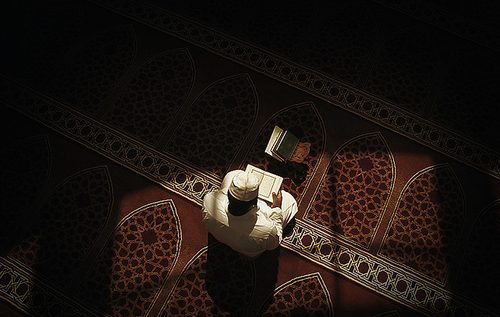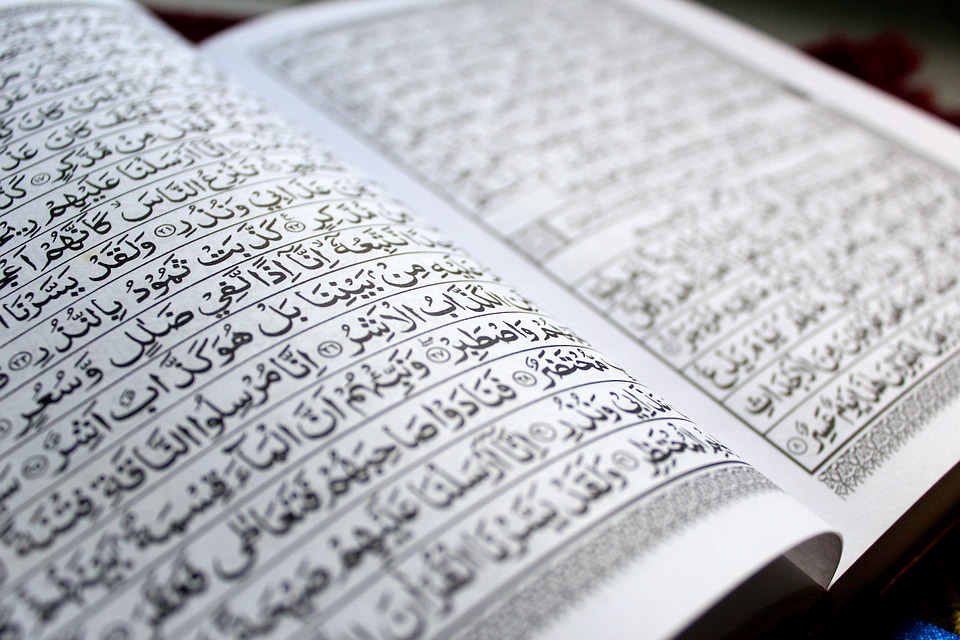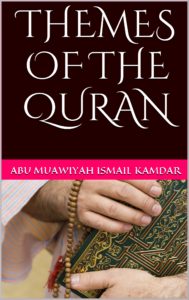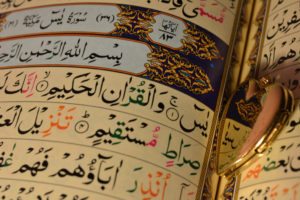This article is a compilation of various chapters from my book Themes of the Quran as well as some original content. The ebook is currently on sale here.
Introduction to Surah al-Baqarah
Surah al-Baqarah (Chapter of the cow) is the second Surah in the Quran, and the longest Surah in the Quran. It is also the most comprehensive Surah in the Quran. It covers almost every aspect of Islam, ranging from theology to stories of the prophets to nearly every chapter of Islamic Law. In many ways, it is a summary of the rest of the Quran. Nearly every topic touched upon in this Surah is explained in more detail in later Surahs and in various Hadiths.
Surah al-Baqarah also has a lot of virtues that have been authentically narrated in various hadiths. It contains the greatest verse in the Quran which is Ayat al-Kursi, (Sahih Muslim 810) and there are many virtues attached to the last two verses of this Surah. The Prophet (peace be upon him) said, “Whoever recites the last two verses of Surat al-Baqarah in the night, it is enough for him.” (Sahih al-Bukhari 4723, Sahih Muslim 807)
The Prophet (peace be upon him) said, “Satan flees from a home in which Surah al-Baqarah is recited.” (Sahih Muslim 780) So it also works as a form of protection against Jinn and devils. There are many other virtues narrated about this Surah and its various verses.
The First Theme: Importance of Obeying The Law
The bulk of the first Juz of the Quran is comprised of the first half of Surah Al-Baqarah. Surah Al-Baqarah is the longest Surah in the Qur’an. The core theme of this Surah are the Laws of Islam and the importance of obeying them.
This Surah was revealed in Madinah when the Islamic State was being formulated and the importance of the laws was crucial for the successful foundation of the state. If we wish to revive Islam today, the first step is to go back to treating the law of Allah as the priority in our lives.
Note that while most of the laws in this Surah are addressed to the believers, the very first commandment in the Qur’an is addressed to all of mankind, “Oh Mankind, worship your Lord,” (2:21) Tawheed (Islamic Monotheism) is the first and most emphasized command in the Qur’an. Every human needs to acknowledge Tawheed before anything else.
In order to emphasize the importance of obeying the laws, the first Juz of the Qur’an is full of stories of those who disobeyed the laws of Allah. The first story mentioned in the Qur’an is that of Adam and Shaytaan, and Shaytaan’s refusal to bow to Adam, which was the first act of disobedience against Allah.
The story of Adam and Shaytaan is repeated throughout the Qur’an due to its historical and moral significance. This story teaches us about the origins of mankind, the beginning of evil, the dangers of arrogance and the purpose of life. This story should be studied carefully and reflected upon to discover its many lessons.
The bulk of this Juz comprises of the stories of Bani Israel and how time after time in a variety of different ways, they violated the laws of Allah, as well as the consequences of them doing so. These stories are remarkably similar to the different ways in which many Muslims today violate the laws of Allah.
One story which stands out is the story that this Surah is named after. A murder had occurred among the Israelites and they asked Prophet Moses (peace be upon him) to assist them in identifying the murderer. Allah revealed that they should sacrifice a cow and Allah will reveal who the murderer is.
The people did not take this seriously and began to ask a multitude of questions, each of which restricted the type of cow they needed to slaughter. Eventually, after they had made the law too difficult upon themselves, they had to search for a very specific type of cow and only after slaughtering it, was the murderer made clear to them.
The lesson of this story is to avoid asking unnecessary questions that will make this religion stricter than it needs to be. Allah has purposely left certain things general, and kept silent on other things, as a Mercy to us.
Too many questions about minute issues lead to the establishment of laws that are too strict and not in keeping with the goal of the Shariah i.e. the removal of hardship. Nowadays, it is quite common to find Muslim communities stressing over such minute issues, making the laws of Islam unnecessarily stricter upon themselves than it needs to be. It will serve us well to reflect on the lesson from this story.
The Juz ends with a reminder to follow the example of Prophet Ibrahim (peace be upon him) and his descendants who were amazing examples of submission and obedience to the laws of Allah. Prophet Ibrahim, Hajar, Ismail and the rest (peace be upon them all) obeyed Allah even in things which average people can’t understand. Whether it was the command to sacrifice his firstborn son, or the command to leave his wife and son in the desert of Makkah, Prophet Ibrahim (peace be upon him) is one of the best examples of true submission (Islam) to the will of Allah.
The Second Theme – The Laws of Islam
The second Juz of the Qur’an continues with Surah Al-Baqarah and as a result, the theme is closely linked to the theme of the first Juz. While the first Juz focused primarily on stories reminding us about the importance of obeying the laws of Allah, the second Juz details the laws of Islam.
This is perhaps the most Fiqh-laden Juz in the entire Qur’an and in it are verses related to all the key topics of Islamic Law starting with the importance of Salah and Patience (2:153) and includes discussion on:
- Instruction to eat only that which is Halal (2:168)
- Discussions surrounding the Qibla for Salah (2:142-145)
- Islamic Criminal Law and its importance (2:178-179)
- Laws related to fasting and the month of Ramadan (2:183-186)
- Laws of Jihad and warfare (2:190-195, 216-218)
- Laws related to Hajj and Umrah (2:196-200)
- People who we should spend charity on (2:215)
- Laws related to marriage, intimacy, breastfeeding, divorce and
widowhood (2:221-242)
Each of these passages are worth of a detailed study. The section on patience is a very powerful one. Allah reminds us that He will definitely test us in this world with every possible type of test including fear, hunger, and loss of life and wealth. We need to be ready to face such tests, as they shape us into better people and force us to grow.
Allah reminds us as well that He is with those who are patient through these trials and such people will have a great reward in the Afterlife. This is the reward for patience (Sabr) which in Islam is not a passive quality. Sabr does not mean we sit back and absorb abuse. It means we patiently and constantly work towards solutions and higher goals, in spite of any setbacks and problems that come our way. This is how we obey the laws of Allah, with patience and consistency.
After listing all of the above laws which include all five pillars of Islam as well as most major areas of Fiqh, the Juz ends with yet another reminder of the importance of obeying the law.
When King Taloot (Saul) was appointed over Bani Israel, he faced a lot of rebelliousness from them and was left with a small group to fight the army of Goliath, but this army included Prophet David (peace be upon him) and were victorious despite their small numbers.
The lesson for us in this is that even if we are in the minority for obeying the Law of Allah, Allah can still grant us victory over His enemies, and we should never lose our steadfastness upon the truth, no matter how few in number we are.
“How often has a small group defeated a large army with the permission of Allah, and Allah is with those who are patient,” (2:249)
To continue learning the themes of the rest of the Quran, get the full ebook here. The ebook is currently on sale at half price for Ramadan, and comes with a bonus ebook. Access this full deal here.






